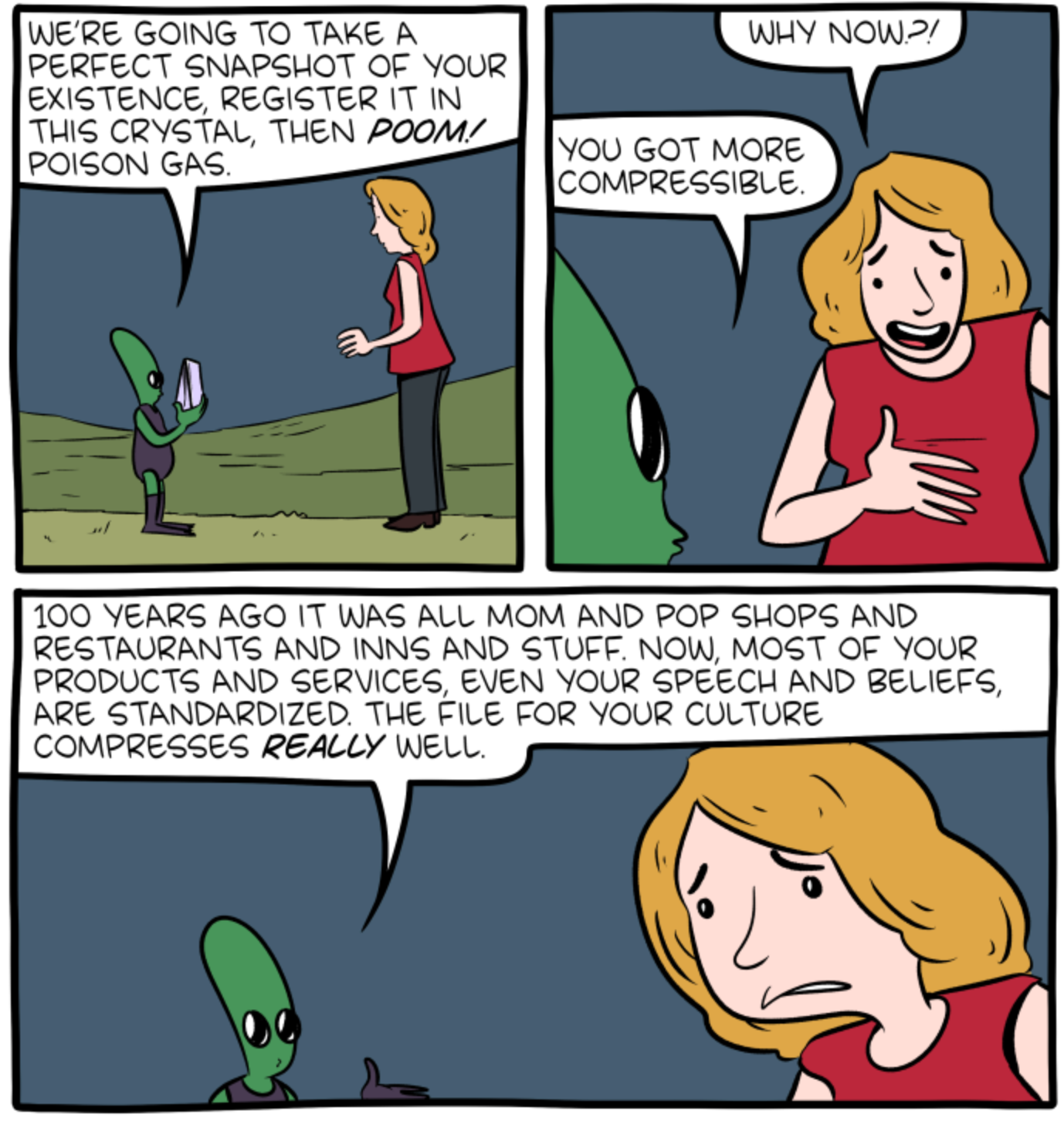Archive for March, 2021
March 19, 2021 @ 5:58 am· Filed by Victor Mair under Names
A few days ago, a new M.A. student from the PRC named Lisite Deng wrote to me asking about a course of mine that he wanted to audit and another one that he wanted to take in the fall. Upon seeing his name, I did a double take and stopped breathing for a few moments, because trisyllabic Chinese given names are extremely rare. Chinese given names are mostly disyllabic, though a considerable number are also monosyllabic. As most people know, Chinese surnames are mainly monosyllabic, though a few are disyllabic.
Seeing the name "Lisite Deng" was perplexing, to say the least, so I asked him how he got it, and whether the government and all of its bureaus could tolerate such an irregularity. The student gladly told me the story of his unusual personal name. Here is how it goes:
Read the rest of this entry »
Permalink
March 18, 2021 @ 7:19 am· Filed by Victor Mair under Lexicon and lexicography, Words words words, Writing systems
From the latest updates to the online OED, new senses added to these words:
Sinicism, n., sense 2: “A Chinese word, phrase, or idiom borrowed into, or introduced into a sentence in, another language.”
Sinitic, adj. and n., sense B: “The languages of East Asia considered collectively; spec. the branch of the Sino-Tibetan language family to which the Chinese dialects belong.”
Sino-Tibetan, adj. and n., sense A.2a: “Linguistics. Of or relating to a variety of the Tibetan language strongly influenced by Chinese, e.g. in having numerous Chinese loanwords or using…”
Read the rest of this entry »
Permalink
March 16, 2021 @ 1:29 pm· Filed by Mark Liberman under Found in translation
Variation across across Europe and the Middle East in the names of Donald Duck's three nephews:

I'm a little surprised that Disney gives such freedom to local adapters.
Read the rest of this entry »
Permalink
March 16, 2021 @ 12:04 pm· Filed by Victor Mair under Language and education, Language and medicine, Writing, Writing systems
Latest chapter of the perpetual litany against the epidemic of nearsightedness in the homeland of sinograms:
"China rolls out mandatory national standards to prevent myopia among students", Zhang Jinruo, People's Daily (3/16/21)
The abnormally high incidence of myopia among Chinese children has been noted and bemoaned for decades. Governments have repeatedly declared war on nearsightedness. Here's today's installment:
A set of mandatory national standards on juvenile myopia prevention was put into practice in China since March 1, requiring all school supplies to meet myopia prevention criterions, from paper materials such as text books, to classroom lighting and multimedia teaching systems.
Read the rest of this entry »
Permalink
March 15, 2021 @ 5:06 pm· Filed by Mark Liberman under Linguistics in the comics
A recent xkcd suggests the geothmetic meandian:

Mouseover title: "Pythagorean means are nice and all, but throwing the median in the pot is really what turns this into random forest statistics: applying every function you can think of, and then gradually dropping the ones that make the result worse."
Read the rest of this entry »
Permalink
March 15, 2021 @ 3:45 pm· Filed by Victor Mair under Colloquial, Language and music, Mixed lanuage, Topolects
Charles Belov writes:
My understanding was that Hong Kong newspapers, newscasts, and popular Cantonese songs use literary Chinese exclusively while Hong Kong star magazines and Cantonese hip-hop (e.g., LMF, Softhard) use colloquial Cantonese exclusively. But today as I was walking along, an old Beyond song, 俾面派对, was earworming me and it suddenly hit me that, unlike most Cantonese songs, and like Cantonese hip-hop, which it isn't, it includes colloquial Cantonese, specifically 唔 and 佢 (and, as it turns out, "D").
Read the rest of this entry »
Permalink
March 15, 2021 @ 7:29 am· Filed by Mark Liberman under Linguistics in the comics
From a recent SMBC:

Read the rest of this entry »
Permalink
March 15, 2021 @ 7:02 am· Filed by Mark Liberman under Crash blossoms, Syntax
I dimly remember a silly song about eating fish heads. And I'll confess to having used fish heads and other fillet leftovers to make soup. But I've never heard of eating fish hearts. In fact, I'm not sure that I've ever consciously seen a fish heart.
So I was taken aback by a recent (3/8/2021) MedPage Today headline that asked "Is Fish Heart Healthy Food? It Depends".
Read the rest of this entry »
Permalink
March 14, 2021 @ 7:19 am· Filed by Victor Mair under Language and literature, Language and music, Language and politics, Writing systems
For more than five decades, Orville Schell has been one of our leading China expositors. Having authored or co-authored a dozen books on Chinese affairs, he now turns his hand to a fictional biography with My Old Home: A Novel of Exile (Penguin Random House, 2021). Blurb from the publisher:
A uniquely experienced observer of China gives us a sweeping historical novel that takes us on a journey from the rise of Mao Zedong in 1949 to the Tiananmen Square uprising in 1989, as a father and his son are swept away by a relentless series of devastating events.
It’s 1950, and pianist Li Tongshu is one of the few Chinese to have graduated from the San Francisco Conservatory of Music. Engaged to a Chinese-American violinist who is the daughter of a missionary father and a Shanghai-born mother, Li Tongshu is drawn not just by Mao’s grand promise to “build a new China” but also by the enthusiasm of many other Chinese artists and scientists living abroad, who take hope in Mao’s promise of a rejuvenated China. And so when the recently established Central Conservatory of Music in Beijing offers Li Tongshu a teaching position, he leaves San Francisco and returns home with his new wife.
But instead of being allowed to teach, Li Tongshu is plunged into Mao’s manic revolution, which becomes deeply distrustful of his Western education and his American wife. It’s not long before his son, Little Li, also gets caught up in the maelstrom of political and ideological upheaval that ends up not only savaging the Li family but, ultimately, destroying the essential fabric of Chinese society.
Read the rest of this entry »
Permalink
March 13, 2021 @ 7:12 am· Filed by Victor Mair under Grammar, Language and culture, Language and history, Language and literature, Style and register, Usage, Vernacular
In his addresses to the Liǎnghuì 兩會 (Two Sessions), annual plenary meetings of the national People's Congress and the national committee of the Chinese People's Political Consultative Conference that have just concluded in Beijing (March 4-11), Xi Jinping repeatedly stressed “guó zhī dà zhě 国之大者”. The grammar is clearly literary, with the first character a monosyllabic version of vernacular "guójiā 国家" ("country"), the second character a classical attributive particle, and the fourth character a classical nominalizing particle. Thus the phrase stands out like a sore thumb midst the matrix of vernacular in which it is mixed. What's worse, even fluent readers of Mandarin generally misinterpret what it means. Most educated persons to whom I've shown the phrase think that it means "big / large / powerful / great country", "that which (can be called) a big / large / powerful / great country"), etc., when in fact Xi intends for it to mean "something that is important for the country", "that which is important for the country" "things that are important for the country", etc.
Read the rest of this entry »
Permalink
March 12, 2021 @ 8:03 am· Filed by Victor Mair under Language and ethnicity, Language and religion, Literacy, Writing, Writing systems
A friend called my attention to this intriguing article:
"This man can read and write 30 ancient Indonesian scripts, some as old as 500 years", by Kiki Siregar, Channel NewsAsia / CNA (3/6/21)
Thirty years old Diaz Nawaksara says, “I started in 2012 by studying the Javanese script first.”
Today, he can read and write over 30 ancient Indonesian scripts. He understands fluently about half of the languages associated with these scripts.
It is a rare ability considering that most Indonesians can only read one or two scripts.
Most Indonesians can read Latin, the script used for the national language Bahasa Indonesia as well as English. Others also know Arabic for reading the Koran or Chinese.
Read the rest of this entry »
Permalink
March 11, 2021 @ 12:42 pm· Filed by Mark Liberman under Peeving, Usage
A recent email from the Modern Language Association directed me to a piece of usage advice from Barney Latimer: "Versus or Against?":
When The New York Times ran with the front-page headline “Trump Urges Unity versus Racism,” many readers questioned the accuracy of this assertion, but none pointed to its glaring grammatical error—its misuse of versus. The fact that this mistake went unremarked may testify to its increasing prevalence.
Or it might testify to the fact that the headline involved no "glaring grammatical error" at all?
Read the rest of this entry »
Permalink
March 10, 2021 @ 12:29 pm· Filed by Victor Mair under Borrowing, Creoles and pidgins, Etymology, Grammar
Dwight Reynolds called my attention to this extraordinarily apropos article from the Travel section of the Beeb (3/9/21), by Charukesi Ramadurai :
"Malaysia's harmonious approach to life"
While Malaysia generally stays under the radar, it is one of Asia’s most friendly and tolerant countries where its three major ethnic communities live mostly in harmony.
The serendipitous article jumps right onto the "lah" wagon:
As a newly minted resident of Kuala Lumpur, the first Malaysian word I learned was “lah”. Each time I used it in conversation, both locals and expats exclaimed in delight, “you have become a Malaysian so soon!” For that short, simple sound used as a suffix in everyday conversations encapsulates the ease and warmth with which Malaysian society embraces everyone within its fold. Indeed, although it is believed to be of Cantonese or Hokkien origin, lah is used most commonly in what is known as Manglish – Malaysian English – a delightful patois of formal English with casual smatterings of Malay, the national language.
Read the rest of this entry »
Permalink


